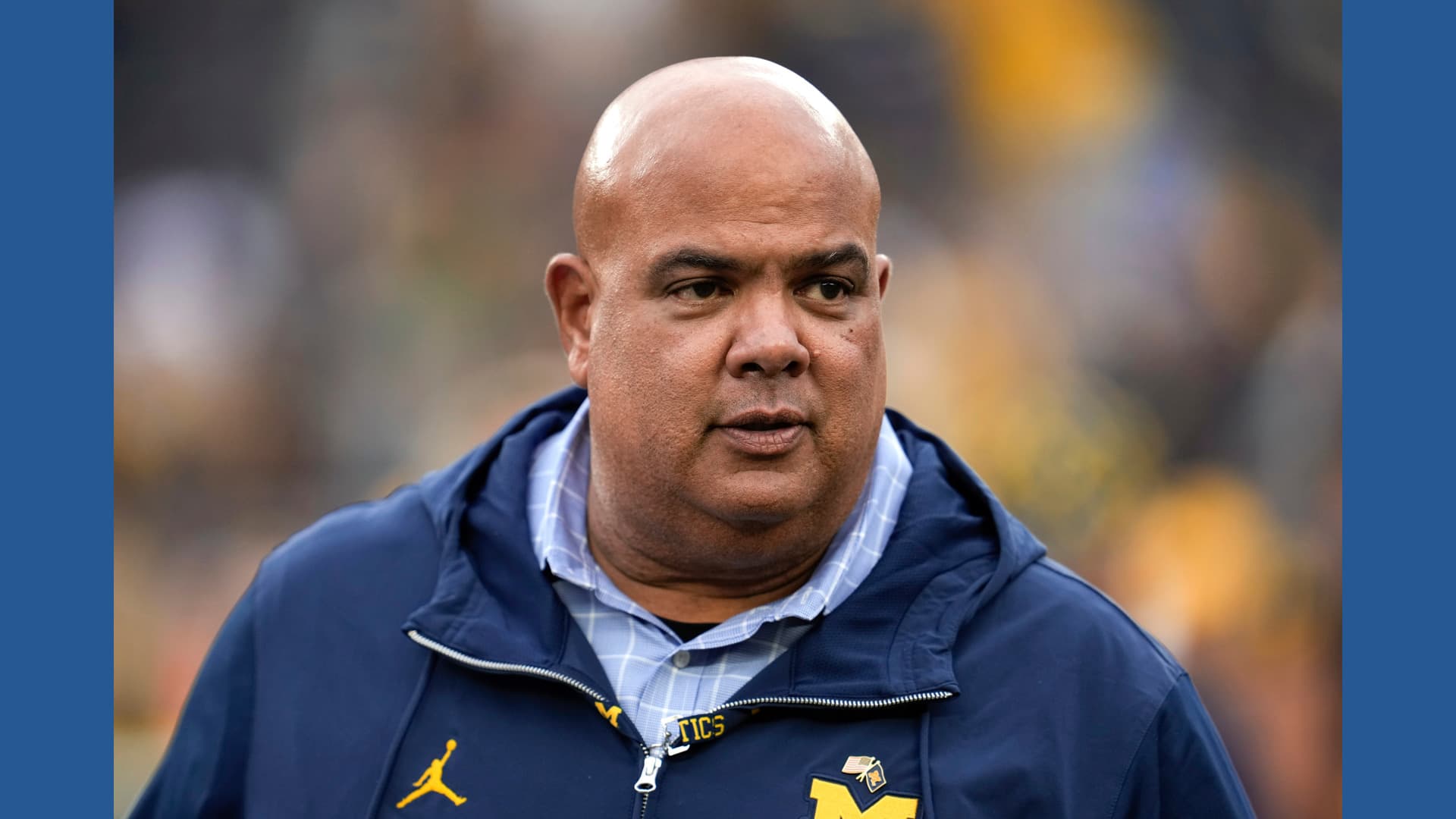Chauncey Billups Pleads Not Guilty, Faces Federal Rigged Poker Charges
Portland Trail Blazers coach Chauncey Billups pleaded not guilty to federal money laundering and wire fraud charges tied to an alleged mob backed scheme to rig high stakes poker games, a development that shakes the NBA, the team and the wider sports gambling ecosystem. His release on a five million dollar bond and placement on leave deepen questions about leadership, integrity and commercial fallout as the sprawling indictment names more than 30 defendants.

Chauncey Billups, the Portland Trail Blazers head coach and Basketball Hall of Famer, pleaded not guilty on November 24 to federal charges that include money laundering conspiracy and wire fraud conspiracy connected to an alleged mob backed effort to rig high stakes poker games. Prosecutors say the ring used altered devices and other methods to defraud players across multiple United States cities and that Billups served as a celebrity draw who received a portion of the proceeds. He was released on a five million dollar bond and the team placed him on leave as the case moves toward a possible trial next year.
The indictment, which names more than 30 defendants, describes a sprawling, multi jurisdictional investigation into what prosecutors characterize as a coordinated fraud operation. The arraignment set the next status date and keeps the case on a timetable that could lead to pretrial motions and discovery battles, and ultimately a trial in the coming year. For Billups, a prominent figure in basketball as a former Finals MVP and long time NBA presence, the charges represent a sudden and consequential collision between celebrity and criminal inquiry.
Beyond the immediate legal stakes, the case has broad implications for the Trail Blazers franchise and the league. The team’s decision to place its head coach on leave creates urgent questions about leadership, strategy and continuity. Front office officials will face pressure from fans and sponsors to articulate a plan for coaching duties and public messaging while the legal process unfolds. Local businesses that benefit from game night commerce and the team’s partners may also weigh reputational considerations as they assess ongoing relationships.
At a league level the indictment highlights the growing entanglement of sports, celebrity culture and gambling. As legalized sports betting has expanded across the country, professional leagues have sought to protect the integrity of competition while also engaging commercial partnerships in the gaming sector. A high profile criminal case alleging organized manipulation of poker games by a figure of Billups’s stature forces the NBA and its teams to confront how they manage association with gambling culture and how they respond to criminal allegations against prominent employees.
Culturally the episode speaks to larger anxieties about trust in public figures and institutions. The presence of a Hall of Famer in the indictment magnifies the reputational cost and underscores the way celebrity can be leveraged in underground economies. The broad cast of defendants and the cross jurisdictional scope of the alleged scheme indicate prosecutors will pursue a complex case with potentially wide ramifications for gamblers, venues and ancillary businesses implicated in the network.
As the legal process proceeds, Billups and the Trail Blazers will navigate a fraught period in which due process and public perception collide. The coming months will test institutional responses to criminal allegations, the resilience of commercial relationships, and larger questions about how American sports manage the risks that accompany the normalization of gambling.


